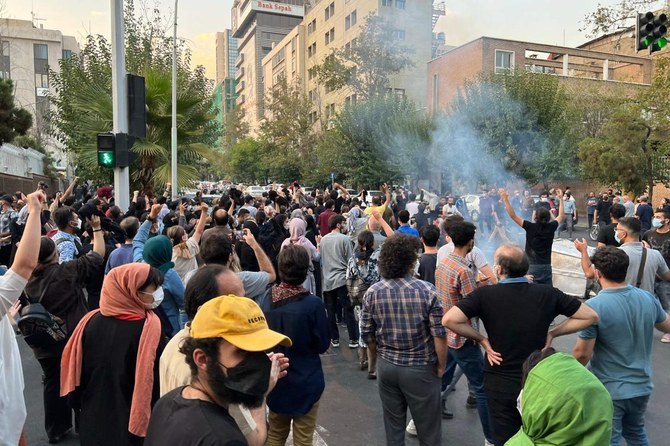
While women around the world continue to fight for their basic rights, including gender parity in terms of education and employment, the situation of widowed women remains largely invisible. Even reliable and updated data about the number of widows in the world and basic information about them, such as their age, income and education, remains patchy.
The UN reported last month that there are more than 258 million widows in the world. But this number dates from 2015 and hence needs a serious review. The number must have increased since then, as war and the COVID-19 pandemic will certainly have left millions more women without their spouses. Even the UN acknowledges that widows have historically been left unseen, unsupported and unmeasured.
Even before 2015, the number of widows had been rising. Some researchers put the growth at about 9 percent between 2010 and 2015. Most widows are in the developing world, with China and India accounting for more than 35 percent. Besides East Asia and South Asia, another developing region with a large number of widows is the Middle East and North Africa. It saw close to a 25 percent rise between 2010 and 2015, almost certainly due largely to the wars that began in Libya and Syria at that time.
Widows are among the most vulnerable sections of society in most developing countries. They struggle due to poor levels of education and a lack of employment. Moreover, in many developing countries, widows are routinely denied inheritance rights and are often subjected to violence by relatives who are eager to grab their properties after the death of their spouse.
As widowhood carries a stigma in large parts of the world, they are left to fend for themselves and are helpless against exploitation. In many cases, they are especially prone to violence — both physical and mental — particularly in Asia and Africa. While some of this violence may be due to property disputes, it is often because a widow is vulnerable and has nowhere to go, and she is shamed if she resists.
In countries like India, widows are often abandoned by their relatives and forced to leave their marital home. This leaves them with little option but to seek informal work as domestic workers or even to turn to begging or prostitution. Widows also lack access to credit and, in most cases, receive no assistance from governments for childcare or their own basic needs.
As widowhood carries a stigma in large parts of the world, they are left to fend for themselves and are helpless against exploitation.
Ranvir S. Nayar
The pandemic has not only left hundreds of thousands of women as widows, but also hit them particularly hard, especially during lockdowns, when they may not have had access to the financial resources to take care of their own health or the health of their children. Many were left dependent on charities to get enough food for mere survival.
The world has made patchy progress on women’s rights and, in this context, the question of rights for widows has almost always been overshadowed or ignored. This approach needs to change, not only for the sake of the widows themselves, but also for the sake of their children. Their numbers are as fuzzy as the number of widows themselves, but it is believed there are in excess of 500 million around the world.
In most countries, laws already exist to prevent the exploitation of widows and to ensure they do not have to turn to begging or prostitution for survival. However, the challenge lies in the implementation of these laws. As a result, widows in many countries are taken care of by various nongovernmental organizations and charities. Perhaps the best course of action for governments would be to strengthen these groups and help with the expansion of their capacities and networks so that they can provide wholesome care for widows, going beyond mere survival.
NGOs that provide shelter to widows or even an outlet for solving their basic issues can be motivated to expand the range of their activities to include legal assistance regarding widows’ inheritance. They can also be used to equip widows with the basic skills that can allow them to be financially independent, while being allowed and encouraged to form self-help groups or women’s cooperatives to start some small businesses together.
Life is far from over just because a woman has lost her spouse. With just a little bit of help, training and support, her life can be transformed, allowing her to fully reintegrate with mainstream society. But in order for this to happen, societies and governments need to ensure that not only do women realize their opportunities, but they are also provided with the means to lead the full and healthy lives that they deserve.
• Ranvir S. Nayar is managing editor of Media India Group.











